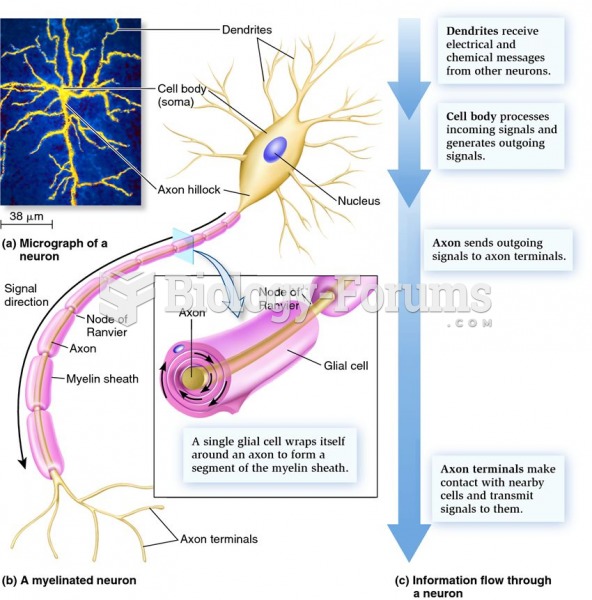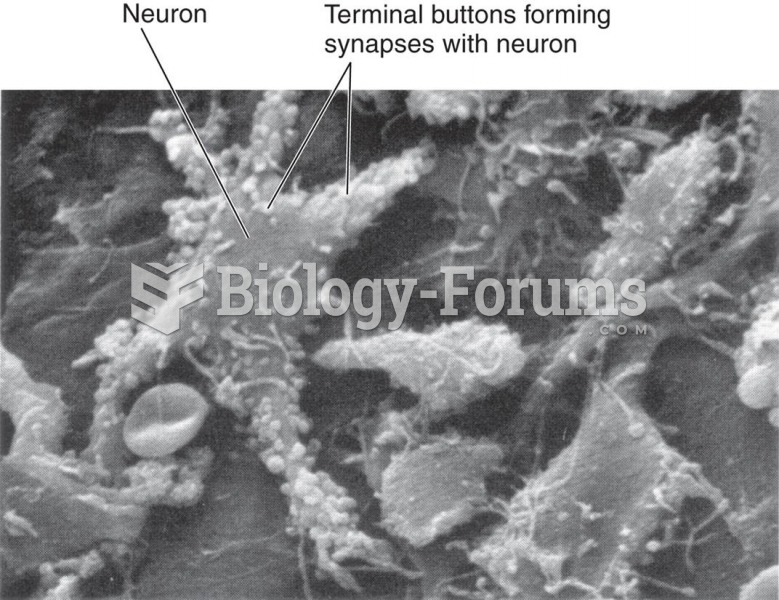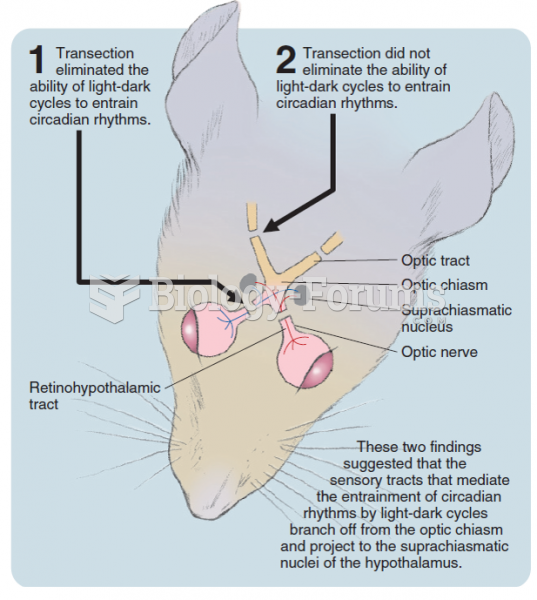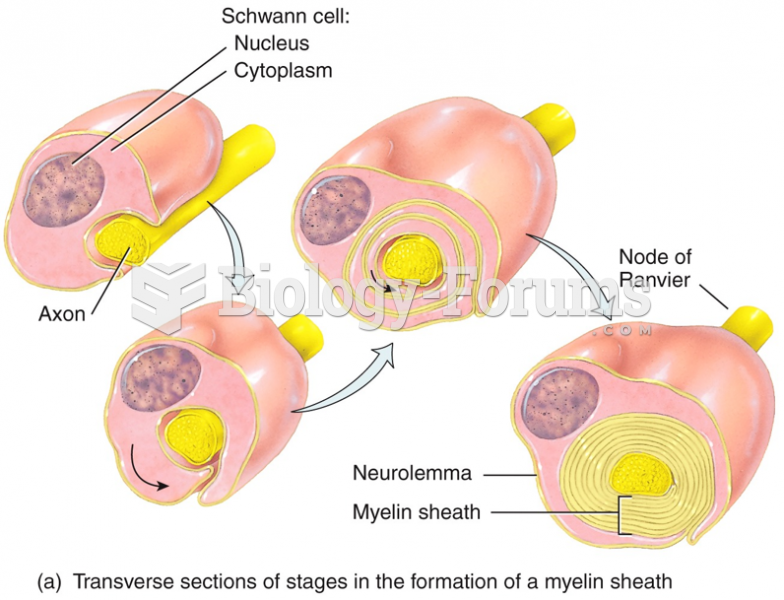|
|
|
Did you know?
Atropine, along with scopolamine and hyoscyamine, is found in the Datura stramonium plant, which gives hallucinogenic effects and is also known as locoweed.
Did you know?
More than 4.4billion prescriptions were dispensed within the United States in 2016.
Did you know?
If you could remove all of your skin, it would weigh up to 5 pounds.
Did you know?
People with high total cholesterol have about two times the risk for heart disease as people with ideal levels.
Did you know?
The ratio of hydrogen atoms to oxygen in water (H2O) is 2:1.







